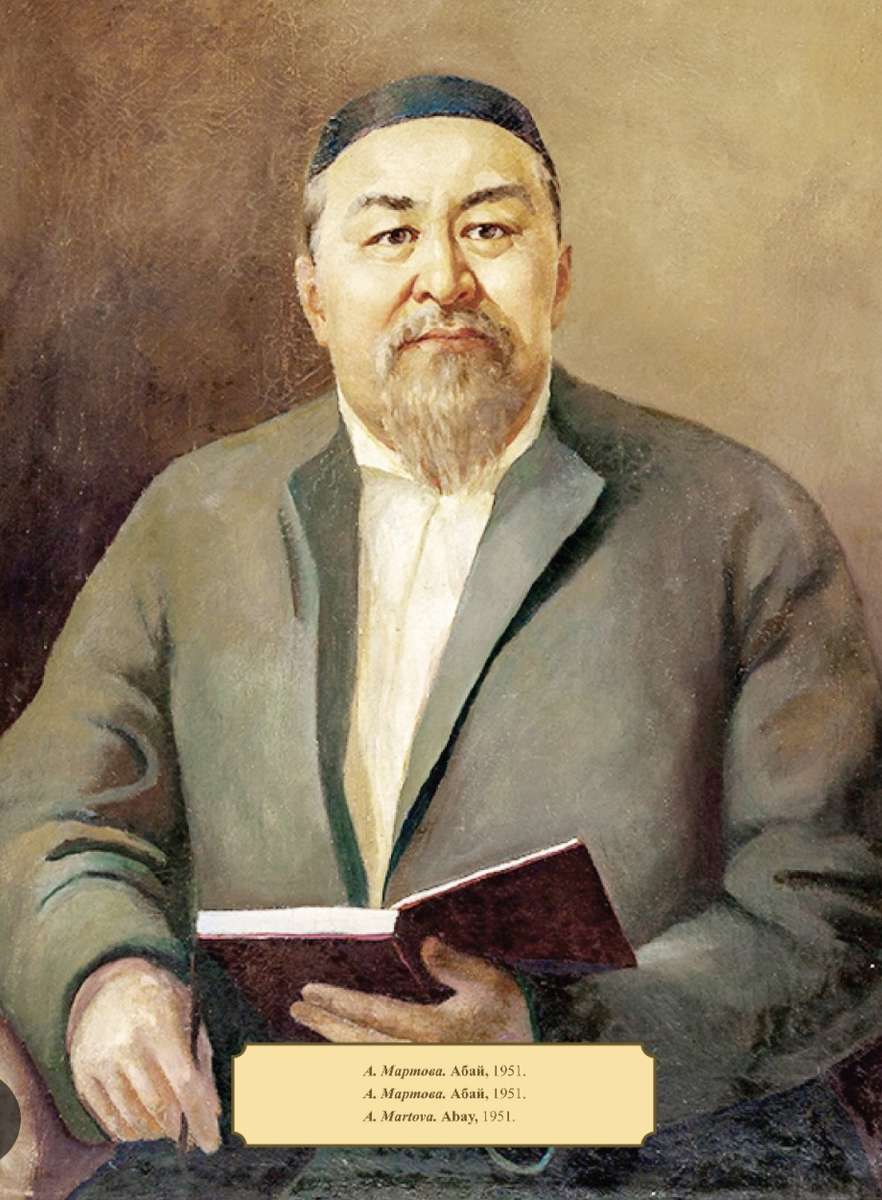
1894
There is but one joy and one consolation which, like a curse, hangs over the Kazakh.
He rejoices when he meets a wicked man or sees some wicked deed, saying, “May Allah preserve us from that! Even he considers himself a worthy man, and compared to him, others are as pure as babes.” But did Allah say that it is enough for him to be better than such-and-such a person? Or perhaps clever people promised he would not be counted among the wicked if he should find someone more ignorant and vicious than himself? But can you become better by comparing yourself with a scoundrel? Good is learnt from good people. In a race it is understandable to ask yourself how many runners are still ahead of you, not how many fast horses are behind. Does it make a loser any happier whether there were five or ten Arab steeds behind him?
Now, in what does the Kazakh find consolation? Says he:
“We are not the only ones like that, everybody does it. Better not to stand out from the crowd and to stick with the majority. A feast that you celebrate with everyone is the greatest feast.”
But did Allah bid him to live only in the midst of a crowd? And has Allah no power over multitudes? Has the Most High not chains enough to fetter the throng? Can everyone attain the highest knowledge, or is it accessible to only a chosen few? Are all people equally endowed with genius, or just one in a thousand? Who says that the multitude cannot be humbled? If the people are stricken by disease, is it not good if half of them remain healthy? Don’t you need someone with a good knowledge of the lie of the land when thousands who lack it are wandering in the wilderness? Which is better for a traveler: if all his horses starve to death all at once, or only half of them? Which is better: if all of the people suffer from dzhut 1 or at least half of them survive? What consolation is it to a fool if there are thousands of other dolts around him? Will a suitor win his intended bride if he tells her that all his family suffers from bad breath? Will his betrothed be comforted by the thought that he is not the only one?
FOOTNOTES:
Footnote 1: dzhut- mass starvation of cattle in winter resulting in famine Fatihab al-kitab. The frst surah of the Qur’an
